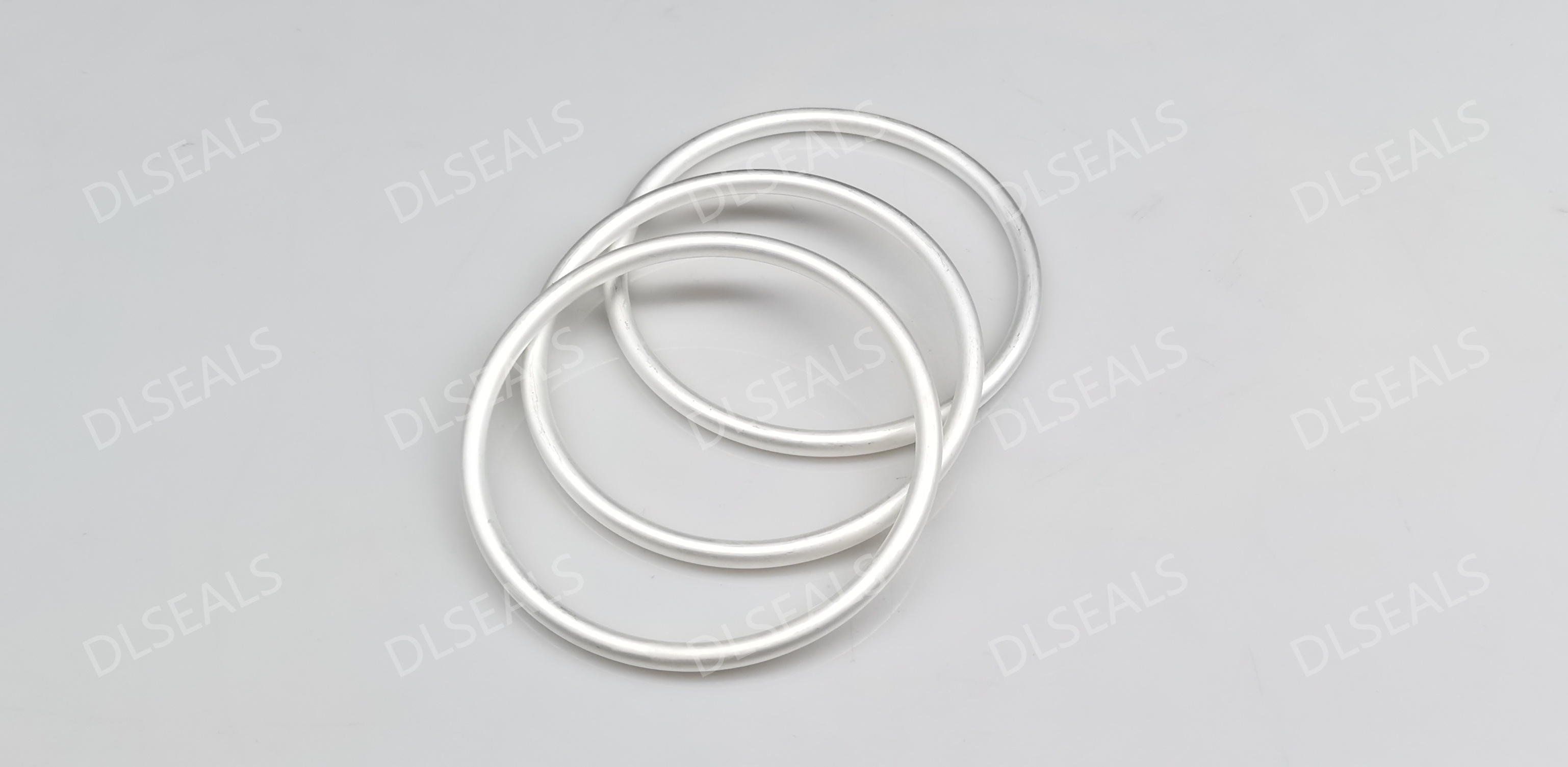
Metal O-rings are widely used in the pharmaceutical and food industries due to their excellent sealing performance and long-term durability. These two fields have extremely strict requirements for sealing components, especially in terms of safety, corrosion resistance and hygiene standards. This article will focus on the selection criteria and practical applications of metal O-rings in these two industries.
1. Selection criteria for metal O-rings
In the pharmaceutical and food industries, it is crucial to select suitable metal O-ring materials, and the following selection criteria are mainly considered:
Hygiene and safety standards
Components that come into direct contact with food and drugs must meet strict hygiene standards. Generally, 316 stainless steel is widely used in the pharmaceutical and food industries because it has excellent corrosion resistance and can effectively resist a variety of chemicals and cleaning agents.
Corrosion resistance
Acids, alkalis and other corrosive chemicals are often involved in pharmaceutical and food processing. Therefore, the material must not only be resistant to chemical corrosion, but also adapt to high temperature and high pressure environments to ensure continuous sealing effects and avoid product contamination.
High and low temperature performance
In some pharmaceutical processes, metal O-rings may be exposed to high temperature steam or low temperature environments. Alloy materials (such as high-chromium stainless steel) can ensure stable physical properties and sealing status under extreme temperatures.
Compliance with industry certifications
Metal O-ring materials must comply with relevant industry standards, such as FDA (U.S. Food and Drug Administration) and EU (European Union) regulations. These certifications ensure that the materials used are non-toxic, safe, and suitable for contact with food and drugs.
2. Application areas of metal O-rings
Metal O-rings are widely used in the pharmaceutical and food industries. Specific applications include the following aspects:
Food processing equipment
In food production lines, metal O-rings are used in different equipment, such as pumps, valves, and pipe connections to prevent liquid leakage during transmission. Its high temperature and corrosion resistance can ensure the safety and hygiene of food during processing.
Pharmaceutical equipment
In the pharmaceutical industry, metal O-rings can be used in pharmaceutical production equipment and cleaning equipment to ensure a clean environment and prevent cross-contamination. Especially in the production of biopharmaceuticals and vaccines, strict sealing is the key to ensuring product quality.
Sealed containers and bottle caps
Metal O-rings are often used in sealed containers and bottle caps for medicines or cosmetics to ensure the safety of products during storage and transportation, maintain the stability of their active ingredients, and prevent the invasion of gas and moisture.
Filtration equipment
In liquid filtration and separation applications, metal O-rings are used to seal filter screens and pipe connections to prevent pressure loss and liquid leakage, improve filtration efficiency, and ensure the purity and safety of the final product.
3. Summary
Metal O-rings play a vital role in the pharmaceutical and food industries. They must not only have excellent sealing performance, but also meet strict hygiene and safety standards. By selecting suitable materials (such as 316 stainless steel or high chromium alloy) and combining modern manufacturing technology, metal O-rings play an important role in ensuring food and drug safety and improving production efficiency. As the industry’s requirements for safety and hygiene continue to increase, the selection and application of metal O-rings will continue to innovate and develop, contributing to the sustainable development of the pharmaceutical and food industries.
Post time: Oct-07-2024
